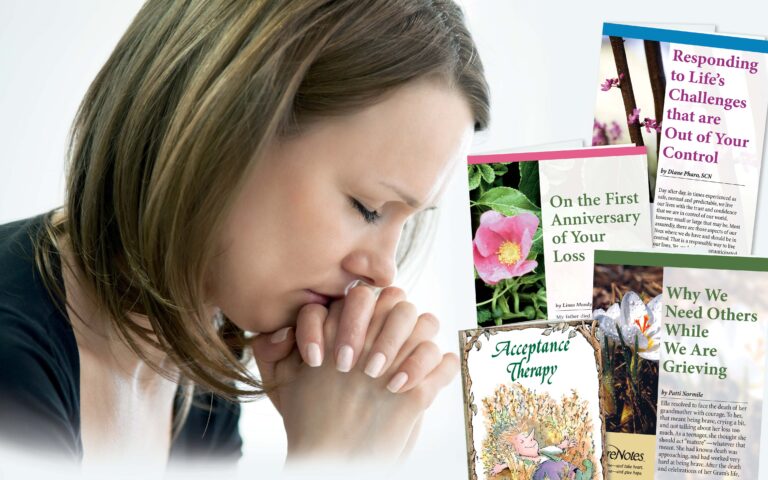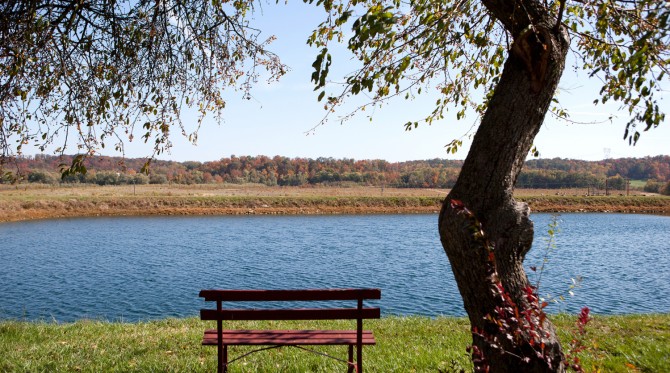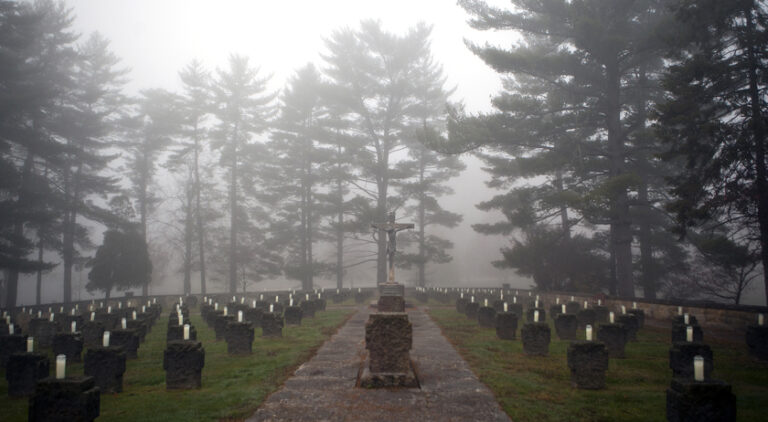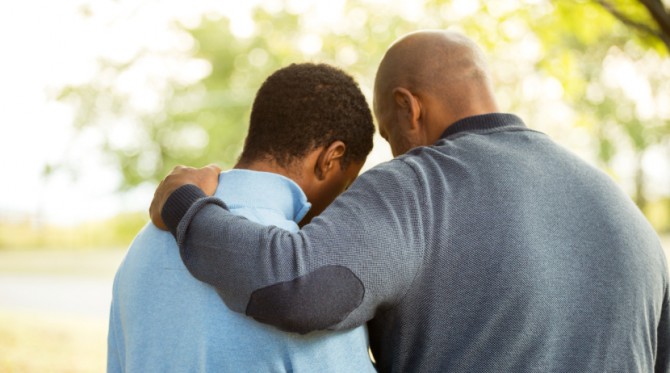By Patti Normile
Working Your Way Through. Even though the steps through grief can be similar, the way each family member moves through the process is unique. John may be angry while Sarah is depressed. Alice may be denying death’s approach while Adam is moving forward with funeral plans. Such differences may produce antagonism between and among family members.
While some conflict in the family at this difficult and emotional time may be inevitable, working through these difficulties and emotions is healing. If we seek to understand and not to judge each other during this time, we will find a way to move through this experience as a family. Here are a few guideposts to help.
Know your family. When an aging parent is dying, family dynamics to consider include the birth order of the adult children, and recognizing who is the organizer, the passive one, the argumentative one, the caregiver.
When old wounds and conflicts come to a head, it’s important to remember that this time is not about you, but should be focused on the needs of your dying loved one. Past hurts can be recognized and forgiven. Forgiveness can either be vocalized or spoken in one’s heart. Forgiveness never fails, even if the forgiven one doesn’t seem to receive the grace offered.
Be on the lookout for stressful emotions. Mild stress can be helpful. It provides the energy to deal with the realities that must be faced: hospitalization, home care, nursing facility, financial concerns, funeral plans. But stress that is not acknowledged nor dealt with piles high in our emotional storehouse, causing flashing tempers, physical exhaustion, unresolved sadness, and ineffective care for the loved one. Stress magnifies your family’s strengths and weaknesses in its relationships.
Be patient with yourself, and your family members, as each of you struggles with grief in your own way.
Understand the dying person’s wishes. Anna, an elderly woman who knew that she was dying, was frustrated with her son who refused to acknowledge that the end was near.
Russ’s family knew that he wanted a simple farewell when his life was over. Knowing that he did not want extraordinary means to be used to prolong life, and that he wished for a simple funeral, helped greatly with decision-making in the last days. Decisions about how treasured possessions are to be shared among family members are important to work out ahead of time whenever possible.
Don’t try to go it alone. Healthcare social workers, chaplains, pastors, and hospice workers are experienced in assisting families through these pain-filled times. They are accustomed to talking things through and helping struggling families reach consensus when emotions are raw.
Ask individual family members what they want to do, what they are able to do. It probably won’t come out even in terms of time and effort, but don’t let resentment enter the scene. Be grateful for what each person is able to contribute.
Allow healing after the loss. After the funeral and burial, when the last mourner has left, take time as a family to share what the experience of saying goodbye to your loved one means to each of you.
Talk about what was most difficult, what was inspiring, what brought joy, what was the most painful. Discuss what the future might look like without this special person in your lives. Perhaps the deceased has been a difficult individual to live with. That’s important to talk about, too. It’s not a time to judge how others feel. It’s simply a time to be who we are.
The time immediately leading up to and following the death of your loved one may be consumed with the details of dealing with the personal possessions of the deceased, handling business matters and medical bills, acknowledging the gifts and kindnesses of others. You will need to catch up on parts of your own life that may have been put on hold during the caregiving and dying stages of your loved one’s life. Don’t neglect, however, in the days, weeks, and months to come, to take time for yourself to continue to process what you have experienced.
Take heart. Through the process of saying goodbye to a family member, you may have become more aware of the needs of other members of your family. Hopefully, your family has grown closer. But even if differences remain, healing can happen. If the death of your loved one has created new friction in your family, continue to seek ways to heal those divisions over time. You are still family—for better or for worse. It’s worth the effort to make it “for better.”
Excerpt taken from Dealing With Family Conflict as a Loved One Is Dying CareNote.
Browse over 300 titles at carenotes.com.






